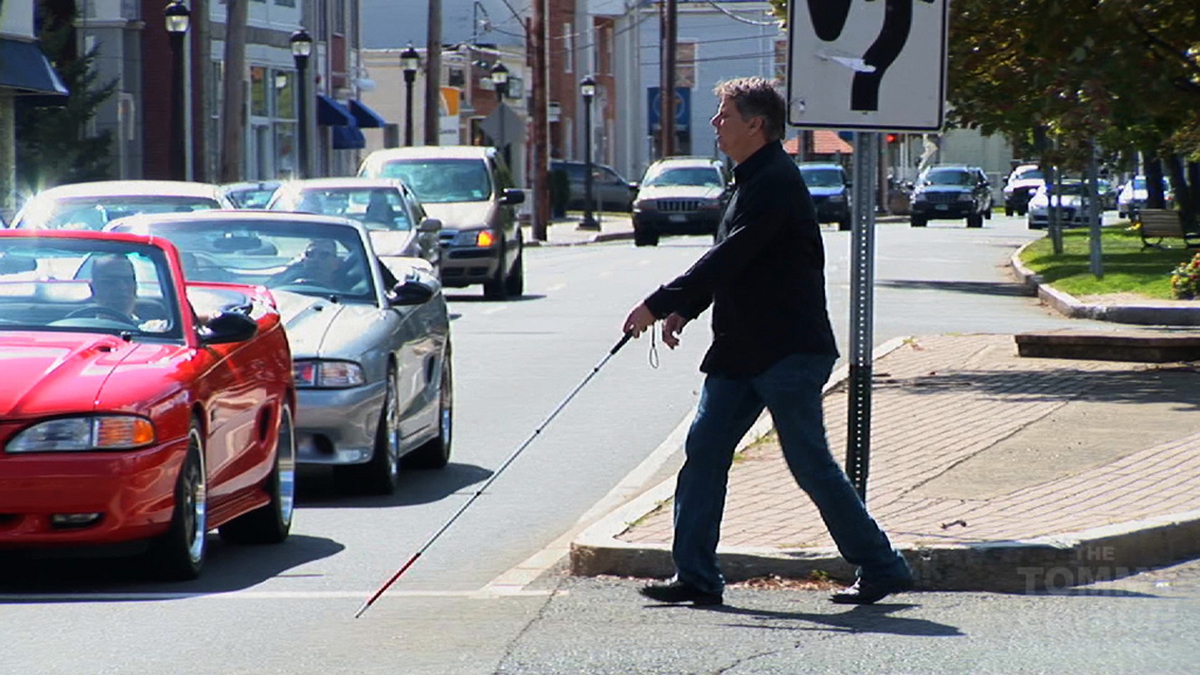Table of Contents
The experiments of Dr. Lee and Dr. Kanold and their associates lead to another practical question. When people lose their sight as adults, can they count on having better hearing to compensate? Or does someone have to be born blind to have an extraordinary sense of hearing?

One of the surprising findings of neurological research has been that the occipital lobes, the parts of the brain involved in processing sight, actually work harder, burning more glucose, in congenitally blind people than in sighted people.
However, when people become blind as adults, after the age of 16, these same regions of the brain are less active than they are in sighted people. In adults, it appears that the brain can't switch its processing power to a different kind of sensory input easily. Nonetheless, the brain as a whole becomes more sensitive to sound and touch during deprivation of sight, even if the vision centers of the brain are not more active.
How do we know this?
In Spain, instructors at schools for the blind are required to spend 5 days in training during which they wear blindfolds, to better understand the conditions with which their students deal. By the fifth day, most of the instructors for the blind report that they are better able to distinguish speakers in multiple simultaneous conversations and better able to locate incoming sounds. However, these abilities are limited to the blindfolding period. Less than a day after the blindfolds are removed, exceptional hearing abilities cease.
However, it is not necessary to wear a blindfold for 5 days to experience better hearing. One set of studies found that wearing blinders for just 2 hours was enough to increase the ability to feel different shapes and to hear different pitches.
These findings may explain why music is better at night and sex is better in the dark. With the limiting of visual sensory information, our brains are temporarily better equipped to process auditory and tactile inputs. We hear more of the music of a symphony if we are not distracted by dazzling sights in the concert hall. We feel sexual contact more intensely (not to mention we don't have to worry quite as much about how we look) when we have intimate relations in darkness.
See Also: Ultrasound for the Brain to Improve Sight and Hearing
No one needs deprivation of sight to appreciate music and touchy-feely activities better. All that is necessary is to plan them for nighttime. Be aware that the effect is short-term, and enjoy. You can always turn on the light when the experience is done.
- Petrus E, Isaiah A, Jones AP, Li D, Wang H, Lee HK, Kanold PO. Crossmodal induction of thalamocortical potentiation leads to enhanced information processing in the auditory cortex. Neuron. 2014 Feb 5
- 81(3):664-73. doi: 10.1016/j.neuron.2013.11.023. PMID: 24507197.
- Voss P. Sensitive and critical periods in visual sensory deprivation. Front Psychol. 2013 Sep 26,4:664. eCollection 2013.
- Photo courtesy of PublicDomainPictures by Pixabay : pixabay.com/en/cute-female-girl-headphones-15719/
- Photo courtesy of Ben Churchill by Flickr : www.flickr.com/photos/radiotrippictures/7194630246/


Your thoughts on this